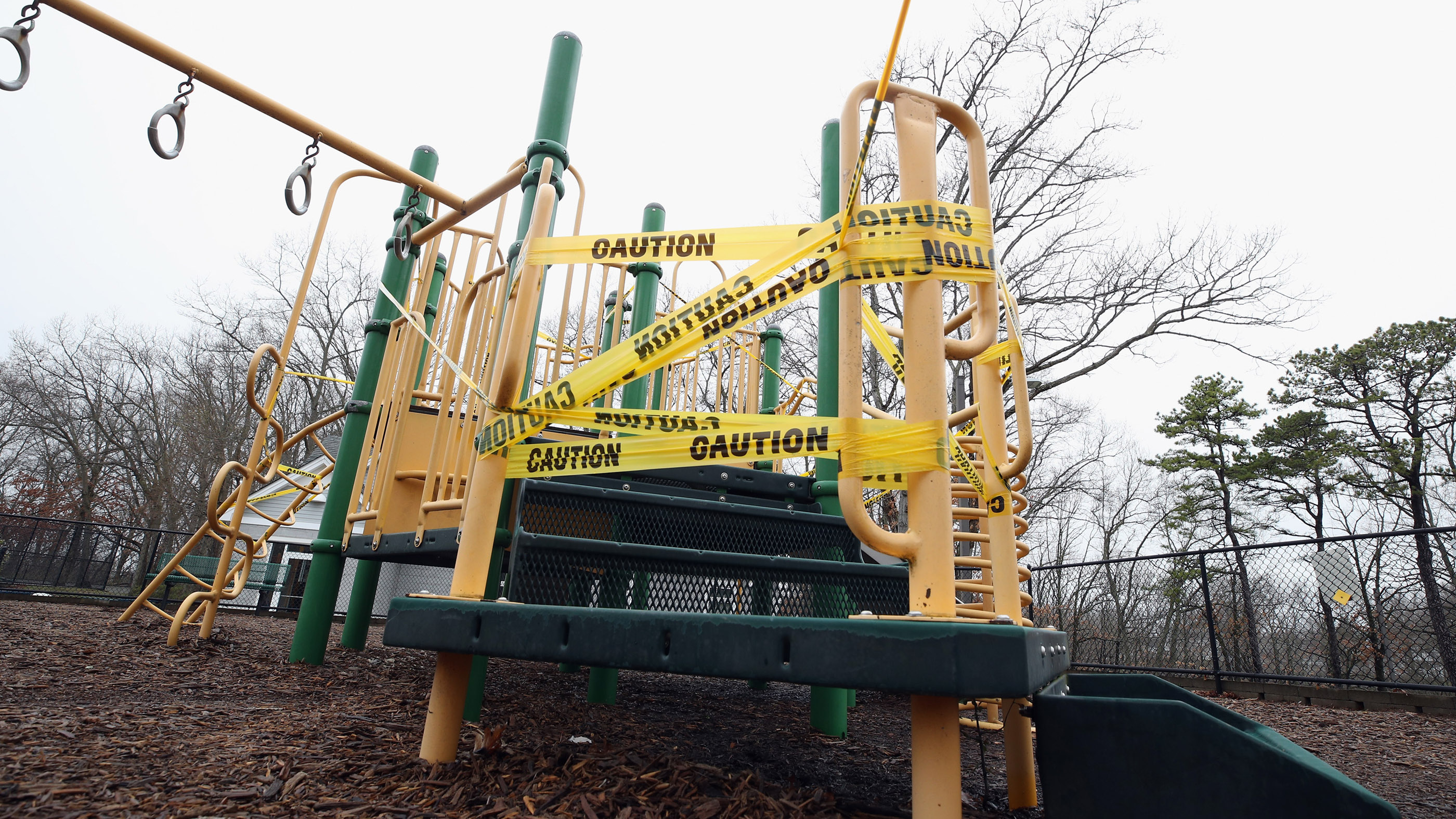COVID-19 may be tied to rare syndrome in children, UK doctors warn
There may be a connection between COVID-19 and an unusual inflammatory syndrome in children.

Get the world’s most fascinating discoveries delivered straight to your inbox.
You are now subscribed
Your newsletter sign-up was successful
Want to add more newsletters?

Delivered Daily
Daily Newsletter
Sign up for the latest discoveries, groundbreaking research and fascinating breakthroughs that impact you and the wider world direct to your inbox.

Once a week
Life's Little Mysteries
Feed your curiosity with an exclusive mystery every week, solved with science and delivered direct to your inbox before it's seen anywhere else.

Once a week
How It Works
Sign up to our free science & technology newsletter for your weekly fix of fascinating articles, quick quizzes, amazing images, and more

Delivered daily
Space.com Newsletter
Breaking space news, the latest updates on rocket launches, skywatching events and more!

Once a month
Watch This Space
Sign up to our monthly entertainment newsletter to keep up with all our coverage of the latest sci-fi and space movies, tv shows, games and books.

Once a week
Night Sky This Week
Discover this week's must-see night sky events, moon phases, and stunning astrophotos. Sign up for our skywatching newsletter and explore the universe with us!
Join the club
Get full access to premium articles, exclusive features and a growing list of member rewards.
Children have been thought to be largely spared from the worst of the new coronavirus, but doctors in the U.K. are now warning of a possible connection between COVID-19 and an unusual inflammatory syndrome in children.
However, experts stress that serious illness related to COVID-19 in children is still very rare overall.
The warning came over the weekend, when the National Health Service (NHS) England issued an alert notifying doctors of a small but growing number of cases of "multisystem inflammatory" disease in children that required intensive care, according to the U.K. Paediatric Intensive Care Society. Some of these children have tested positive for COVID-19, although others have not.
The alert noted that these cases showed symptoms similar to those found in two rare conditions: toxic shock syndrome and Kawasaki disease. Toxic shock syndrome is a life-threatening condition that's caused by toxins produced by certain types of bacteria; Kawasaki disease is a childhood illness that causes inflammation in blood vessel walls, and in serious cases can cause heart damage.
Some of the symptoms in the U.K. cases included fevers, severe abdominal pain and skin rashes, along with markers of severe inflammation in the blood, The Guardian reported. Some of these children have also needed treatment for heart inflammation.
So far, the inflammatory syndrome appears rare — only about a dozen children in the U.K. have been reported to have the syndrome, according to The Guardian.
Similar cases have also been reported in Spain and Italy, according to CNN. And in the United States, doctors at Stanford University recently published a case report in the journal Pediatrics describing a 6-month-old infant who was diagnosed with Kawasaki disease and COVID-19.
Get the world’s most fascinating discoveries delivered straight to your inbox.
A connection between Kawasaki disease and COVID-19 wouldn't necessarily be surprising, said Dr. Courtney Gidengil, a senior physician policy researcher at RAND Corp. and a pediatric infectious disease specialist in Boston, who is not involved with the U.K. cases. The cause of Kawasaki disease isn't known, but one of the leading theories is that it may be triggered by infections with common viruses, she said.
"It wouldn't be totally surprising if COVID might do the same thing" in terms of triggering the disorder, Gidengil told Live Science. She also noted that, although we're learning more about COVID-19 every day, it seems like one of the hallmarks of the disease is inflammation, including a "cytokine storm," or an aggressive immune system reaction that can damage the body's organs. This feature would also fit with NHS England's description of the inflammatory syndrome as cases involving uncontrolled inflammation.
However, it's still too early to say that COVID-19 is behind this inflammatory syndrome in children, Gidengil said. More data will be needed to show this. Indeed, the NHS alert noted the possibility that another, yet-to-be-identified pagothen is associated with the inflammatory syndrome.
Still, "it's great that they're raising an alarm about this so people can be aware," Gidengil said.
Although this news might sound worrisome to parents, reports of serious COVID-19 complications remain uncommon in children. "It's really important to just keep in mind that it's still really rare for kids to have complications from COVID at this point," Gidengil said.
- The 12 deadliest viruses on Earth
- 20 of the worst epidemics and pandemics in history
- 13 Coronavirus myths busted by scienc
Originally published on Live Science.
OFFER: Save 45% on 'How It Works' 'All About Space' and 'All About History'!
For a limited time, you can take out a digital subscription to any of our best-selling science magazines for just $2.38 per month, or 45% off the standard price for the first three months.

Rachael is a Live Science contributor, and was a former channel editor and senior writer for Live Science between 2010 and 2022. She has a master's degree in journalism from New York University's Science, Health and Environmental Reporting Program. She also holds a B.S. in molecular biology and an M.S. in biology from the University of California, San Diego. Her work has appeared in Scienceline, The Washington Post and Scientific American.
 Live Science Plus
Live Science Plus











